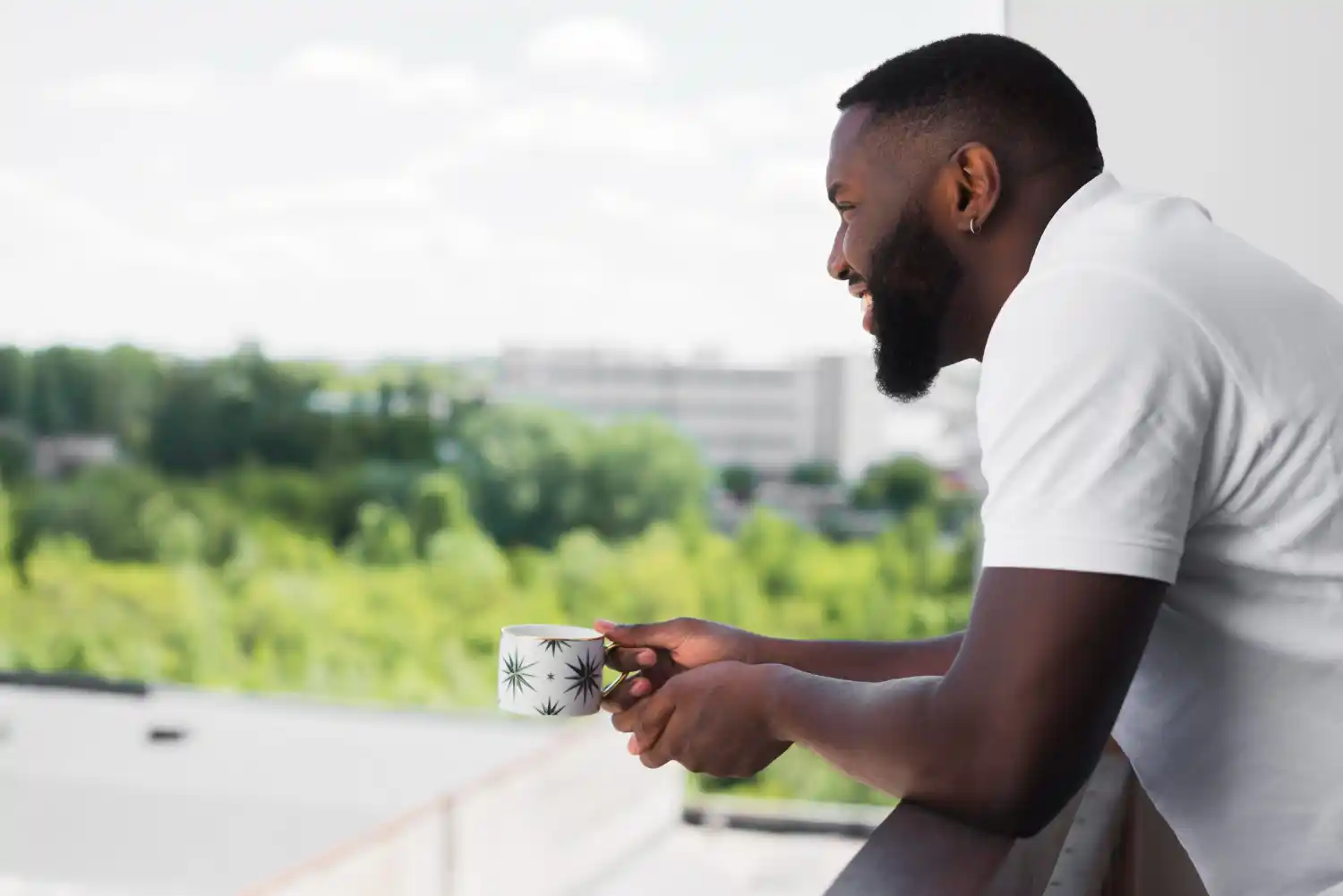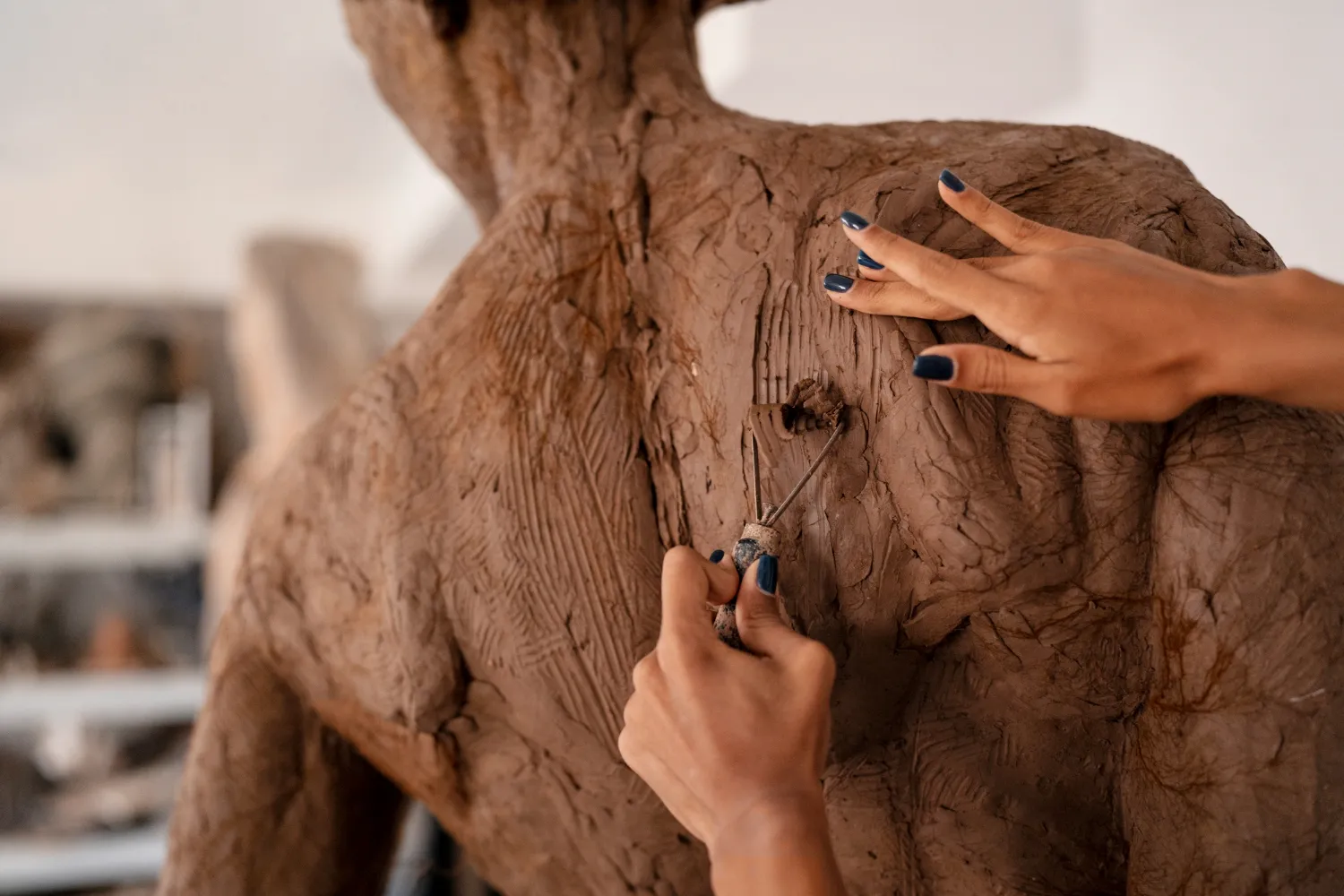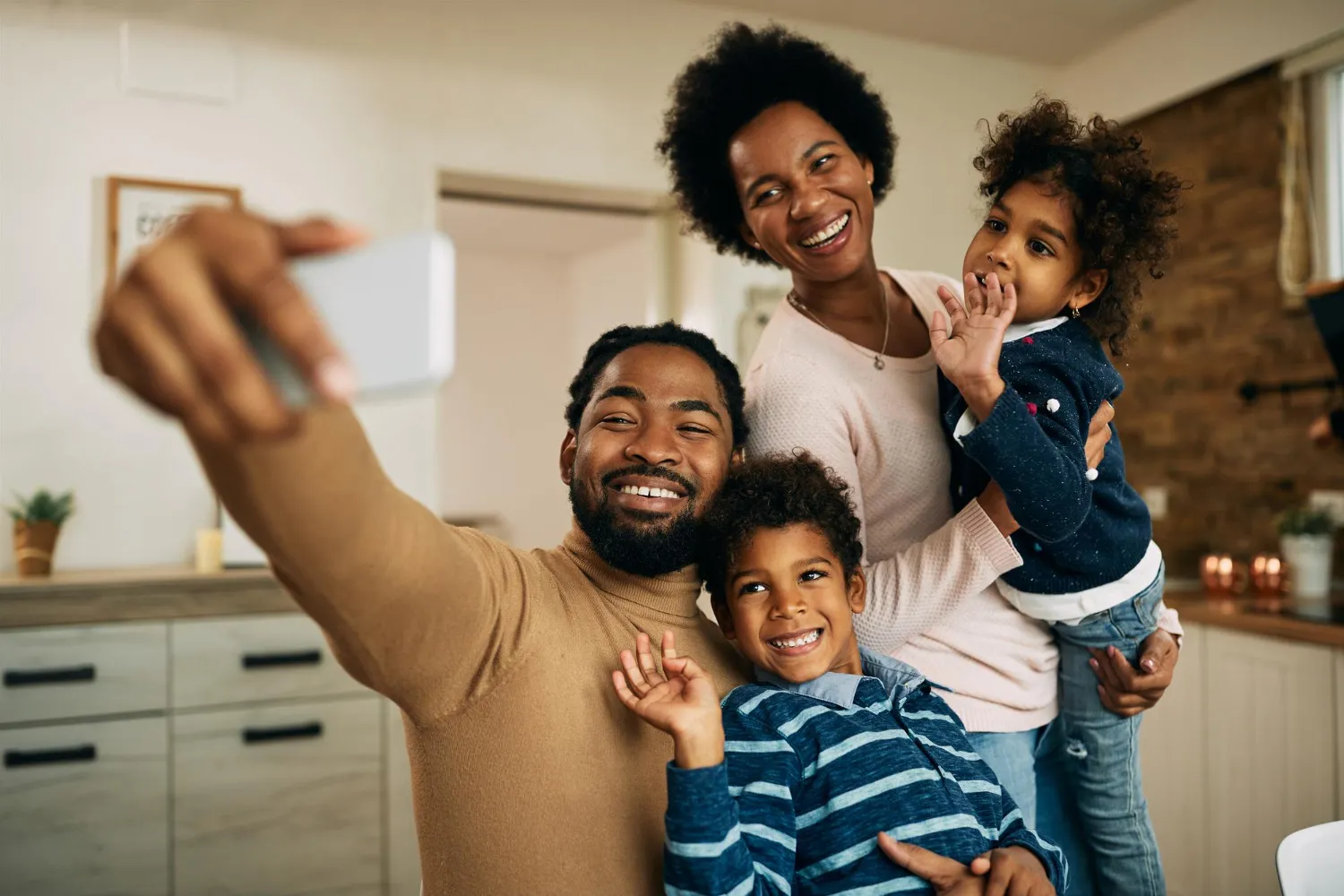Today is the First day
of the rest of your life
OUR COMMUNITY
Everyone starts somewhere.
Your voice matters here—share your stories, seek support, and find solace in our community.
Karibuni wote. All are welcome.
What is Mwangaza wa Sunday
You can change your life one step at a time. Small changes to your daily life bring you closer to the life you desire by simply making different choices one day at a time.
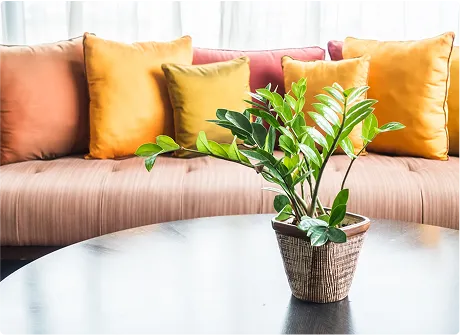
Our Philosophy
Ikigai - Purpose in Healing
Our approach integrates health, service, connection, and self-discovery through holistic healing and wellbeing practices and treatments. We hold that addiction recovery and mental health must be approached together through Ubuntu, which is an African philosophy of being open to and thriving in community—through love, structure, and meaning.
Our Mission
Our Vision
Family First
Community-Centered
Faith-Inspired
Fitness & Wellness
Science-Based Practices
Cultural Integrity
Compassionate Courage
RECOVERY RESOURCES
Addiction Recovery Resources
Directory
Directory
Directory
Mental Health Resources
Services
Community
Stories
Caregiver Empowerment
Directory
Support
in Recovery
Need help and don’t know where to start? Let’s connect.
Questions About Addiction and Recovery
Am I addicted?
Addiction is a disease where the body and mind crave a substance, even when it’s causing harm. It can be treated, but the first step is always acknowledging you have a problem.
Typical symptoms of addiction include:
1. Intense urges for the substance
2. Gradually increasing use to achieve the same high as before
3. Experiencing physical withdrawal symptoms when you try to stop
4. Retreating from social interaction and daily life obligations
5. Performing risky behaviours while under the influence of the substance
6. Continuing regular use desite all the negative impacts on your life
You do not need to show all these symptoms at once to be addicted. If you are experiencing one or more of these symptoms, you could still be facing an addiction.
Addiction is treatable. You don’t have to live with your addiction forever.
What substances can you be addicted to?
You can be addicted to any substance that activates the reward center in your brain to release dopamine. The most common substances people become addicted to are:
- Alcohol
- Cocaine
- Heroin
- Opioids like codine
- Miraa and other stimulants
- Inhalants from glue, paint thinners, or petrol
- Nicotine from cigarettes
You can also be addicted to behaviours such as gambling, overeating, or watching pornography. These actions can cause the same effects as substance abuse disorder.
Why do people keep using substances even when it hurts them?
People use and abuse drugs for a variety of reasons. They may be trying to feel good, avoid feeling bad, or perform better at the daily responsibilities. Substance abuse often begins as a way to cope with difficult circumstances in life.
For example, a student may take stimulants to help them stay awake to study for an exam. An adult may abuse alcohol to take away bad feelings after a death in the family. An otherwise healthy person may start taking drugs to reduce pain after surgery. These are normal circumstances that can develop into addiction.
Peer pressure is another strong motive for substance abuse. If many of those around you are using or abusing substances, it may be difficult to resist doing it yourself.
No matter how the addiction began, people tend to continue using the substance as a way to avoid the difficulties of withdrawal and to feel normal. Substance withdrawal has strong physical side effects like sickness, pain, strong negative emotions, and more. Even if someone is trying to quit, they may use the substance again when withdrawal symptoms intensify.
What kind of treatment helps with addiction?
Addiction is a treatable condition. It is not cured, but managed. Effective treatment for addiction includes a mixture of:
1. Behavioural therapy (CBT)
2. Individual, group, or family therapy
3. Education on substance use and its effects
4. Detox or withdrawal therapy
5. Medical treatment, when needed
6. Accountability groups
7. Community support
8. Regular follow-ups and check-ins
Relapses often happen on the road to recovery, but a relapse does not mean failure. You can still beat an addiction, even if you face relapse, as long as you keep going and make the choice to continue treatment.
Is addiction treatment effective?
Yes, addiction treatment can be highly effective, as long as treatment is continued. People who continue with appropriate treatment are likely to remain in recovery and stop abusing a substance.
Relapse does not mean you have failed. As long as you continue with treatment after a relapse, it will be just a bump in the road. Addiction recovery is a journey, not a destination. There is no cure for addiction, but ongoing management and awareness of it can help you recover and avoid relapse in the future.
How can I help someone going through addiction or recovery?
As a loved one of someone who is suffering from addiction or is in recovery, there are a few ways you can support them.
1. Educating yourself about addiction
It’s difficult to offer support if you’re unaware of the challenges your loved one is facing. When you learn about addiction and recovery, you can better recognize what they need and provide timely help.
2. Continually offering support
It can be difficult for addicts to feel loved and cared about. If you can show them that you still love them despite their disease, it can help them keep motivated to stay in treatment and to continue in recovery.
3. Encouraging appropriate treatment
There are many different ways to treat addiction. You can help your loved one by gently and persistently encouraging to acknowledge and treat their addiction. Make sure you offer gentle encouragement rather than using guilt or shame.
4. Supporting during treatment
Make sure they know you are there to support them through treatment and recovery. Support them in any way you’re able, such as showing care, going with them to meetings, or introducing them to different resource options.
5. Caring for yourself
To be an effective lifeline for your loved one, you must take care of yourself. It’s difficult to provide care and support for a loved one dealing with addiction. You can only support them well if you’re also healthy and well. Make sure you’re exercising, eating well, sleeping, and resting when you need to.
How long does addiction recovery take?
With the right treatment and abstaining from the addictive substance, you can see dramatic positive changes in behaviour as quickly as 3-6 months. However, most people need to commit to 2-5 years of abstinence and intentional treatment to fully break the habit and change their behaviour.
Recovery is a journey. There is no end point where you’re cured of addiction. The further you get from your addiction, the less likely you are to fall back into that addiction. There is strength in distance.
What helps people stay in treatment?
The biggest contributors to successful recovery include:
1. Continued support from loved ones
2. Identifying the root cause of your addiction
3. Joining a group for accountability
4. Learning healthy coping skills
5. Effectively treating withdrawal symptoms
6. Addressing ongoing mental health conditions, such and anxiety or depression
You can recover from addiction under many different circumstances, even if the situation is not ideal. The better the environment you create for recovery, the better your chances are for success.
How can I access recovery resources with no funds?
Many addiction recovery resources are free, especially accountability groups. However, treatment options like mental health care, rehabilitation, therapy, or other professional services can be costly if you need them on a recurring basis.
Some organizations offer these services at a discount or free of charge. Mwangaza wa Sunday also offers support to those who cannot afford the addiction treatment they need. Contact us to see availability of support.
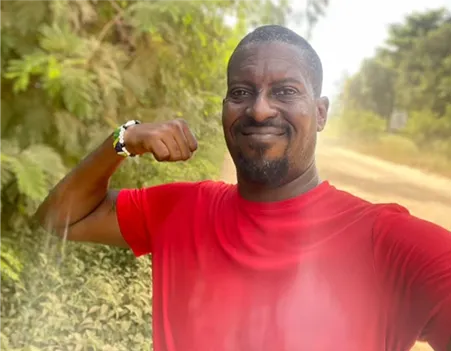
Follow along with Sunday’s Fitness Journey!
Come along with me and let’s build our physical strength, grow our mental resilience, and create a stronger tomorrow, together!

Dopamine FITness
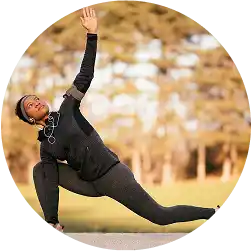

Impactful
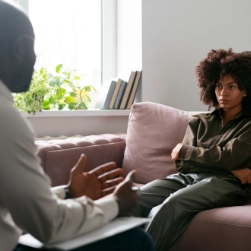
Professional Counseling Services
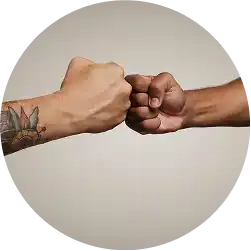
Recovery Facilities
Share Your Story
Addiction recovery goes hand in hand with mental health management. It’s a journey of connection and support. Share your experiences of overcoming obstacles, finding strength, and reclaiming life.
Call, email, or message us and share your story. We are looking forward to going through recovery with you, together, embrace healing and empowerment!
PARTNER WITH US
We want to hear from you!
Let’s work together to connect those seeking help with the resources they need to move forward in a healthy way.
Partner with us through donating.
All donations go toward supporting the foundation and furthering our reach across Tanzania, Kenya, and beyond.
Tanzania: +255 788 664 508






